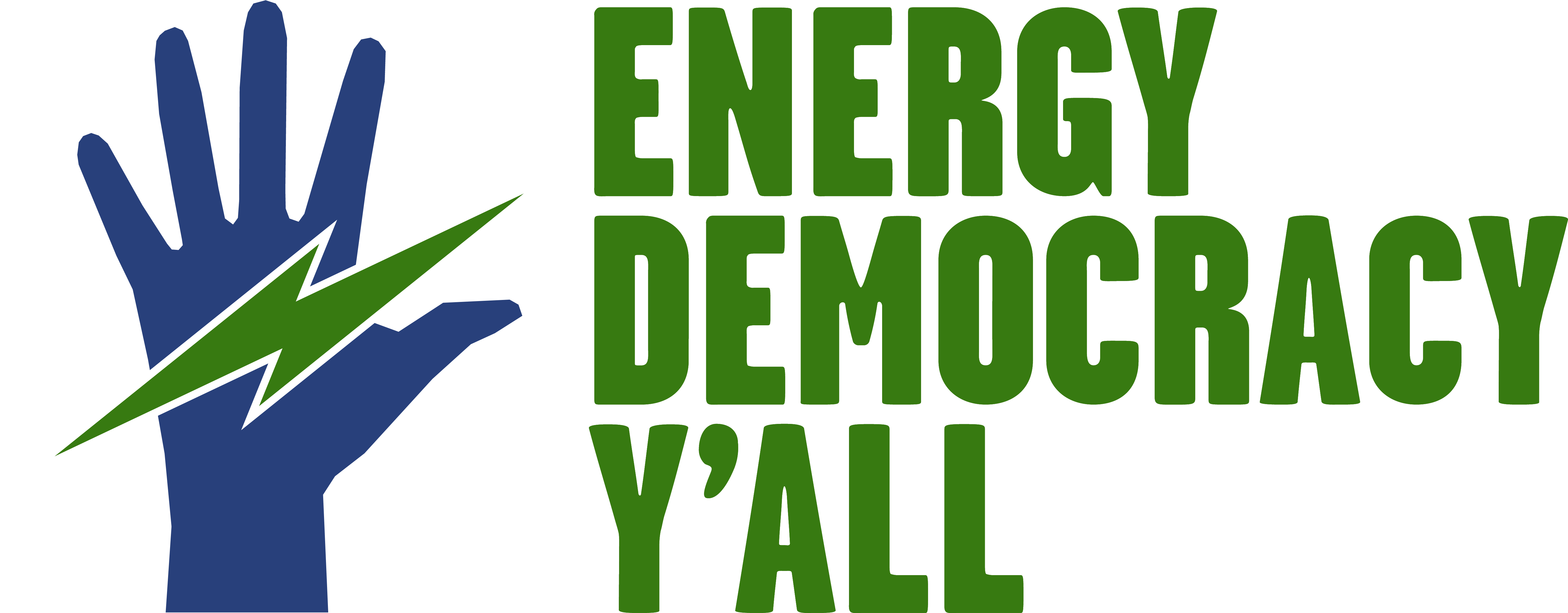Investor-Owned Utilities
So you get your electricity from an Investor-Owned Utility, or IOU. But what does that mean? And what challenges do they face?
First, the problem.
Investor Owned Utilities are private, monopoly utilities that generate and distribute power to you, the electric customer, over their defined service territory.
Typically, electricity from IOUs comes from a combination of producing their own power and purchasing electricity from public and private markets. IOU-owned power plants can include coal, nuclear, hydroelectric dams, wind farms and solar arrays. Laws and policies on power purchased from regulated markets and private generators vary from state to state.
We call IOUs “monopoly utilities” because they are literally protected from competition against other electric providers by state and federal governments. IOUs are guaranteed a customer base (everyone who purchases electricity in that service territory) as well as revenue (in the form of your electric bill!).
But monopolies are illegal, right? To compensate for their special treatment, state utility commissions are appointed to regulate electric rates and other aspects of an IOUs business model. However, these commissions often fall prey to corporate lobbying, and may even be stacked with regulators who are friendlier to the IOUs than to you, the customer they are supposed to protect. That doesn’t sound like public service to us!
Thanks to their monopoly status, IOUs have been able to conduct business as usual, polluting our waters, destroying our environment, and harming public health – all while asking you to pay for it.
How can YOU participate in Energy Democracy
with your IOU?
Now you understand the problems that IOUs impose on our energy system. The good news is that communities around the country are working towards solutions. YOU can participate in Energy Democracy in your community, too.
Solutions to the challenges of utility monopolies range from completely transitioning IOUs to community control, similar to municipal utilities or electric cooperatives, to smaller changes that chip away at IOU monopolies over time. Such approaches might include some of the following reforms:
Fuel choice: reform how and where energy is produced.
- Require IOUs to provide “community choice” programs that enable electric customers to use clean energy for their homes or businesses through utility-managed programs or customer-owned rooftop solar.
- Require IOUs to invest in renewable energy by developing utility-scale wind and solar farms or by purchasing renewable energy on public and private markets.
Energy security: Require IOUs to invest in energy efficiency measures that reduce both electricity consumption and electric bills, and also provide job opportunities for local energy efficiency businesses.
Utility management: Participate in your energy system! Follow news related to your IOU, legislators, service commissioners and state energy laws. Show up to public hearings and share your input at public comment opportunities.
But, like all kinds of democracy, Energy Democracy only works when we participate.
There’s no blueprint for Energy Democracy, and that’s kind of the point — let’s create a future for all of us, one that puts clean energy and communities first!

